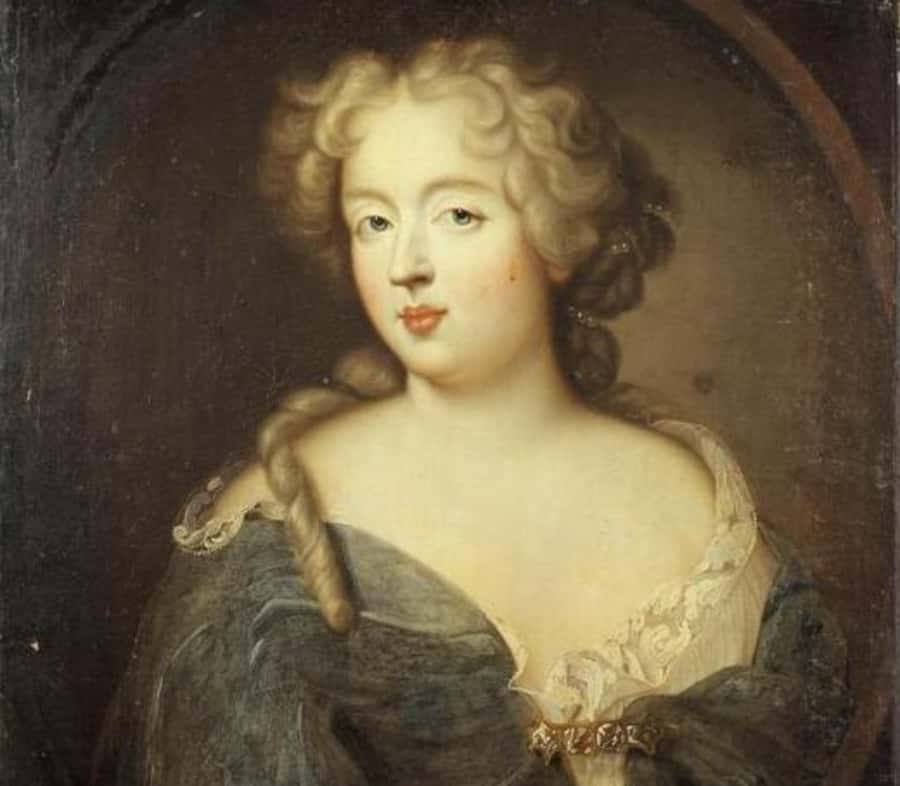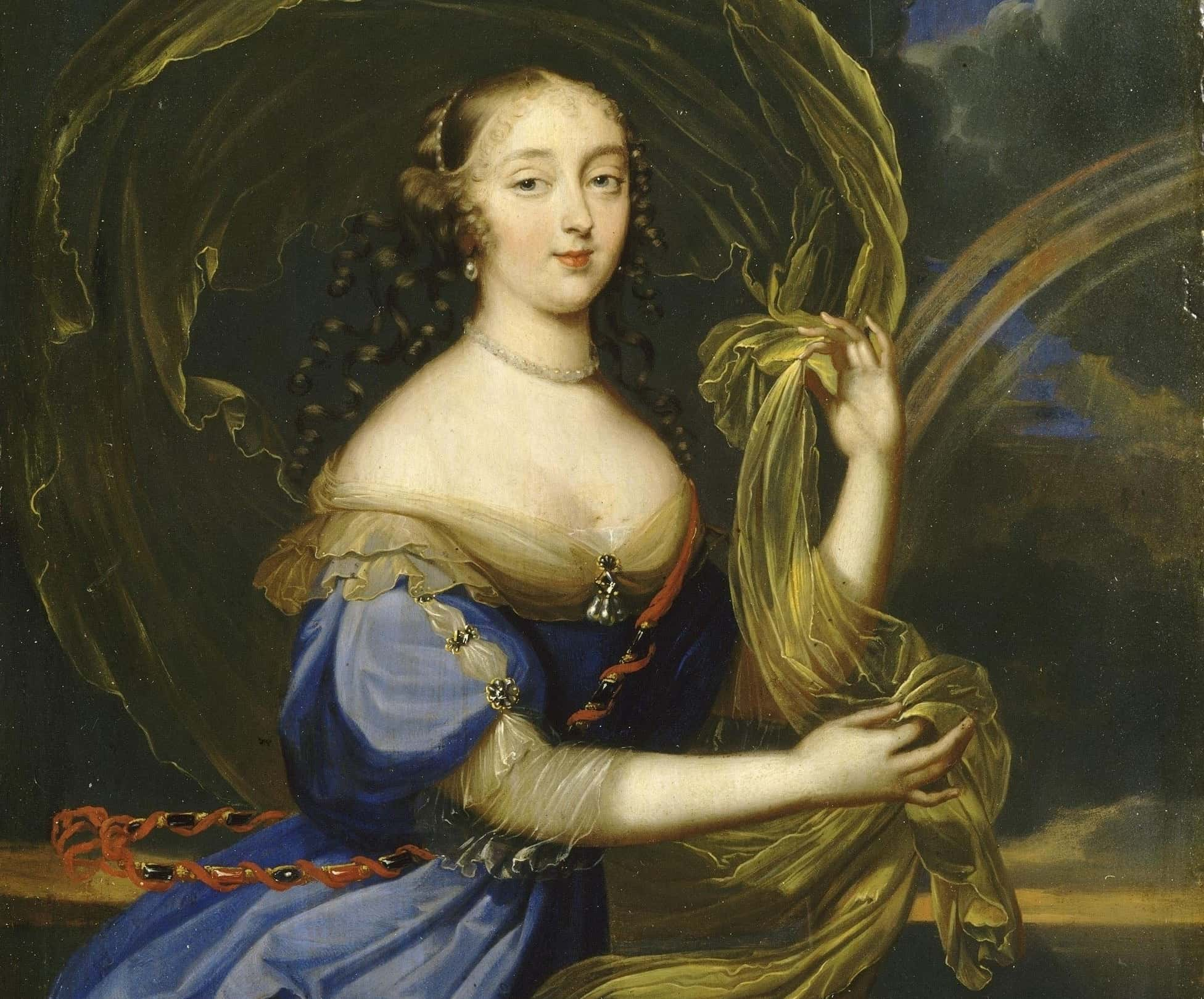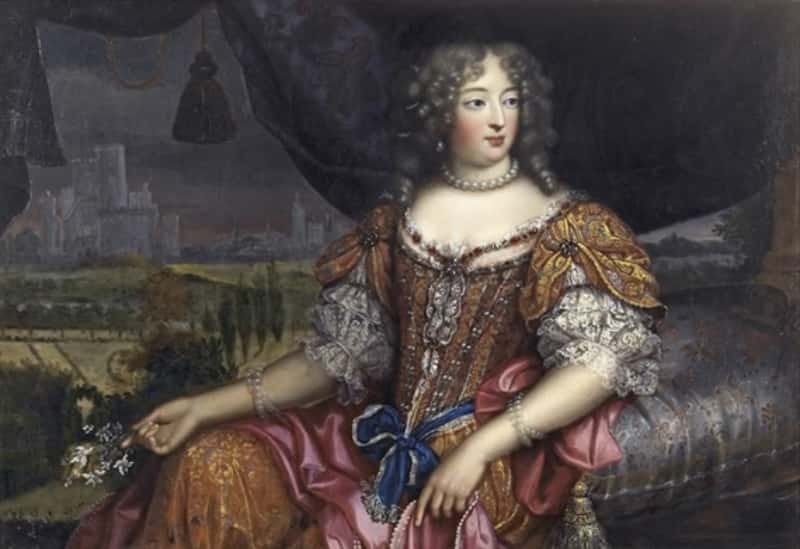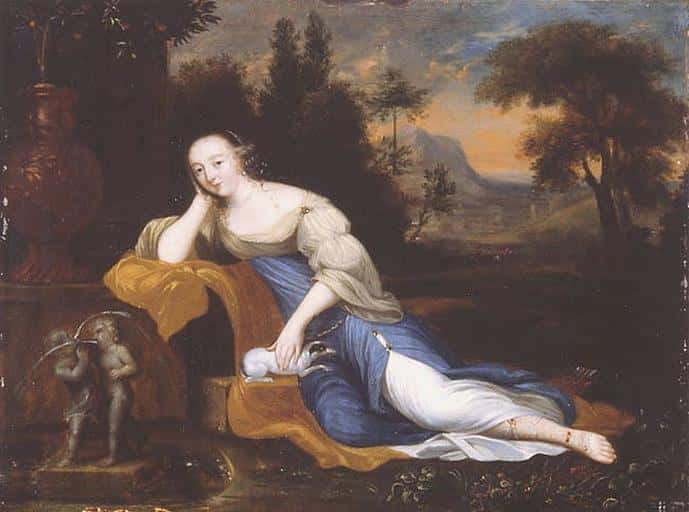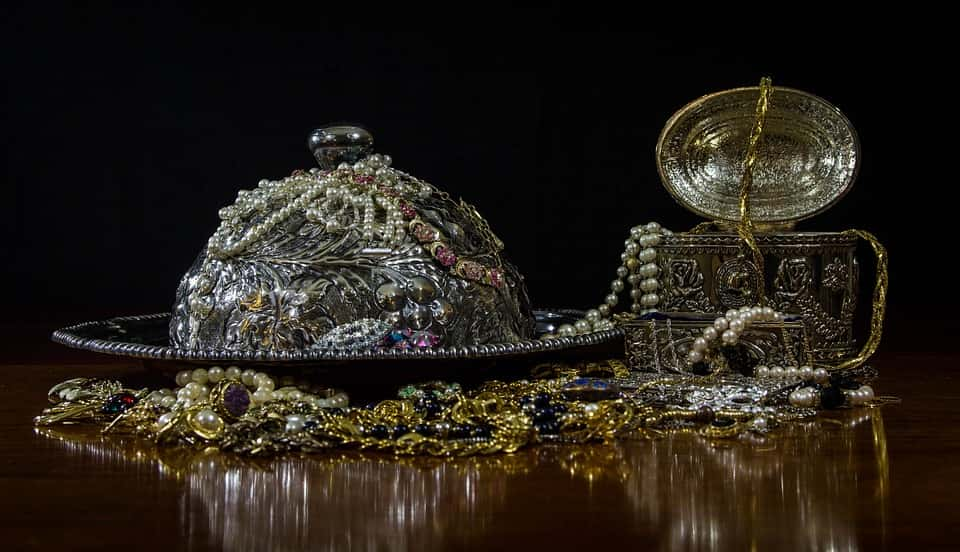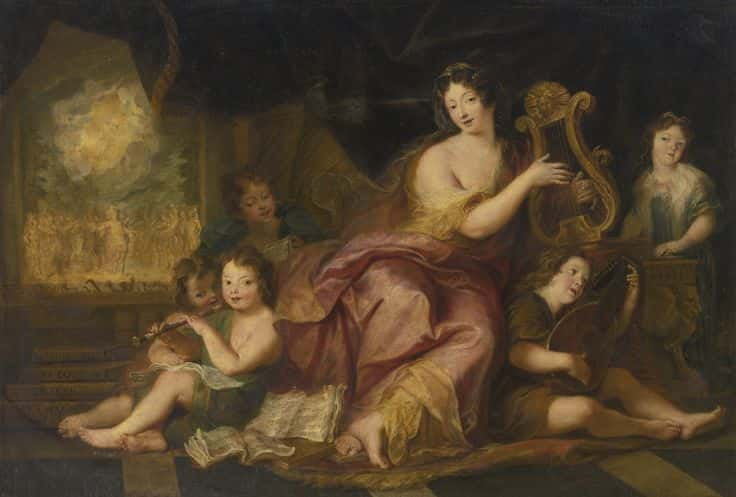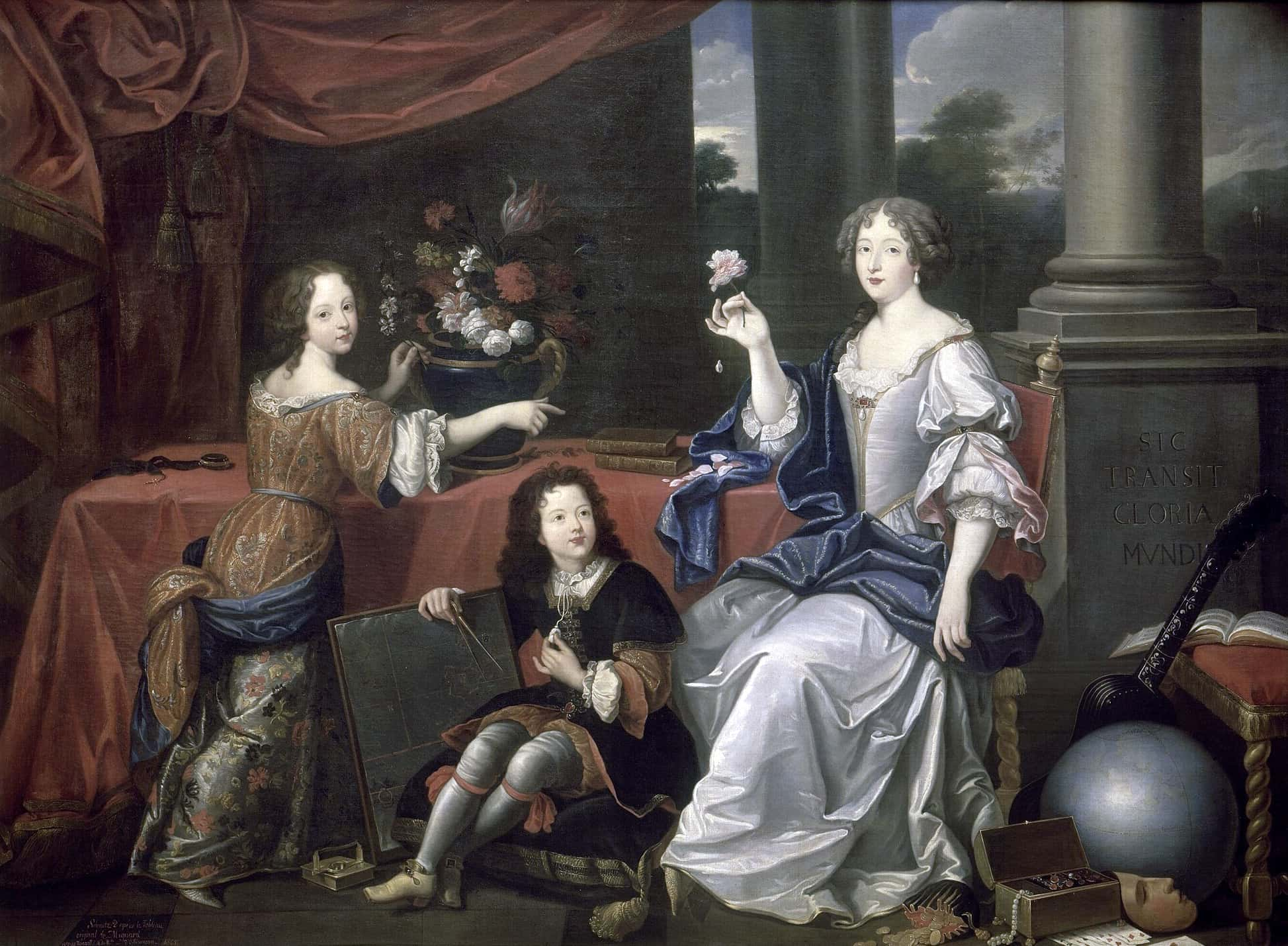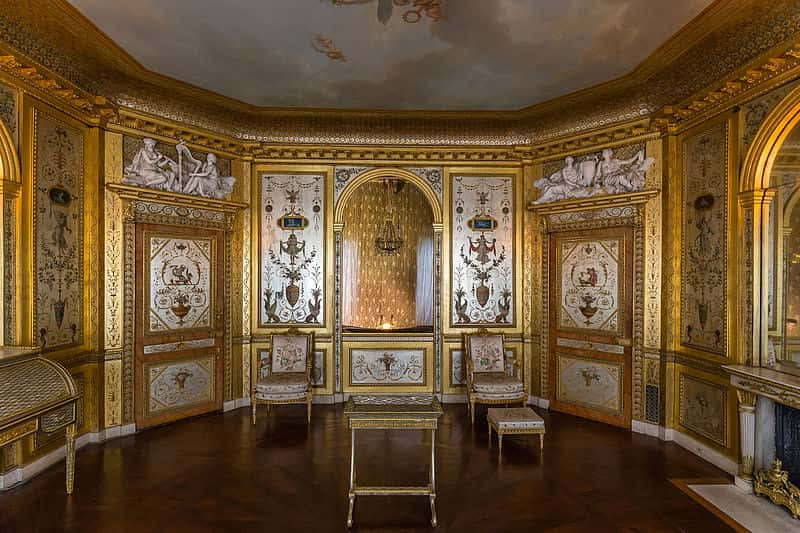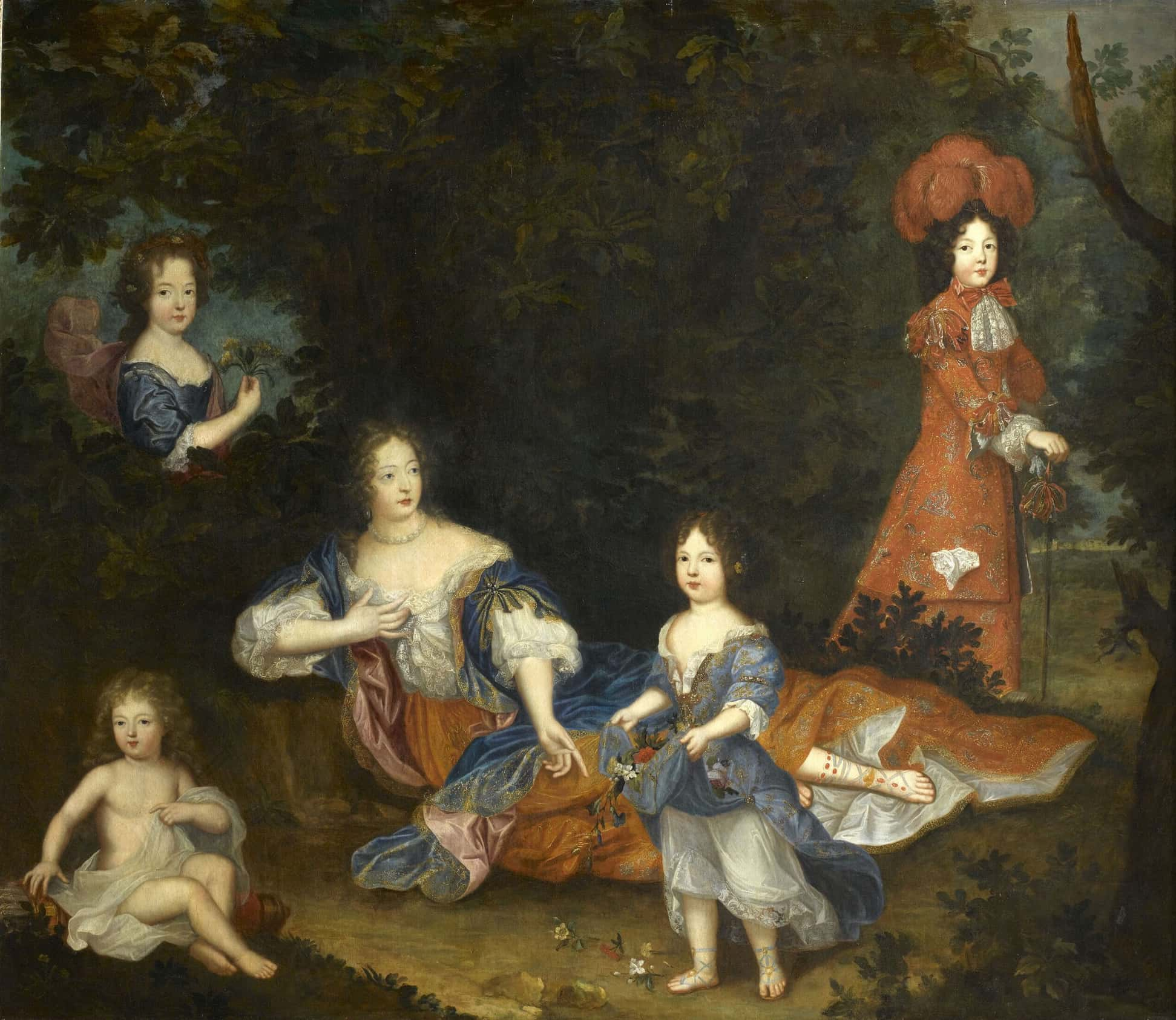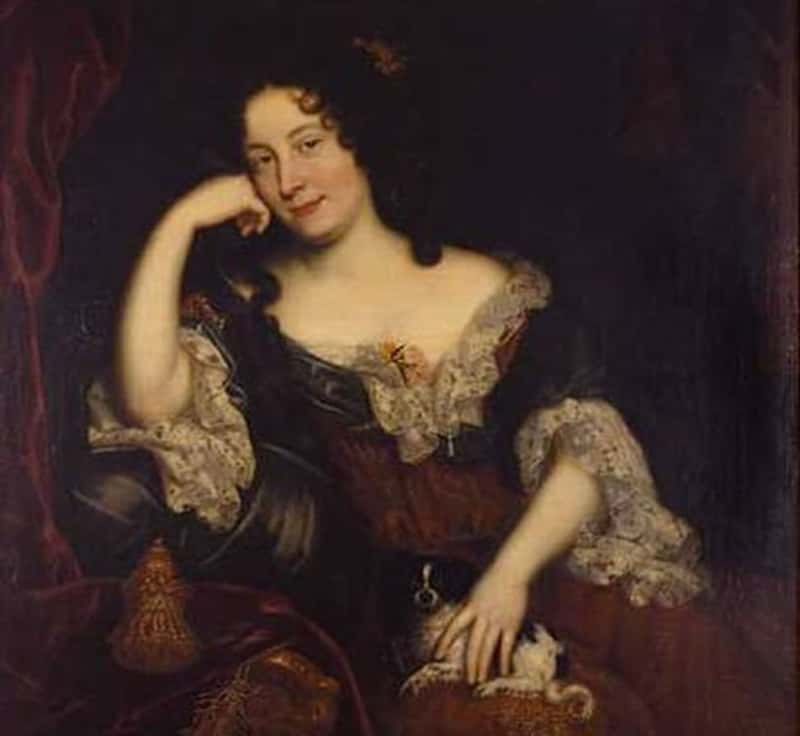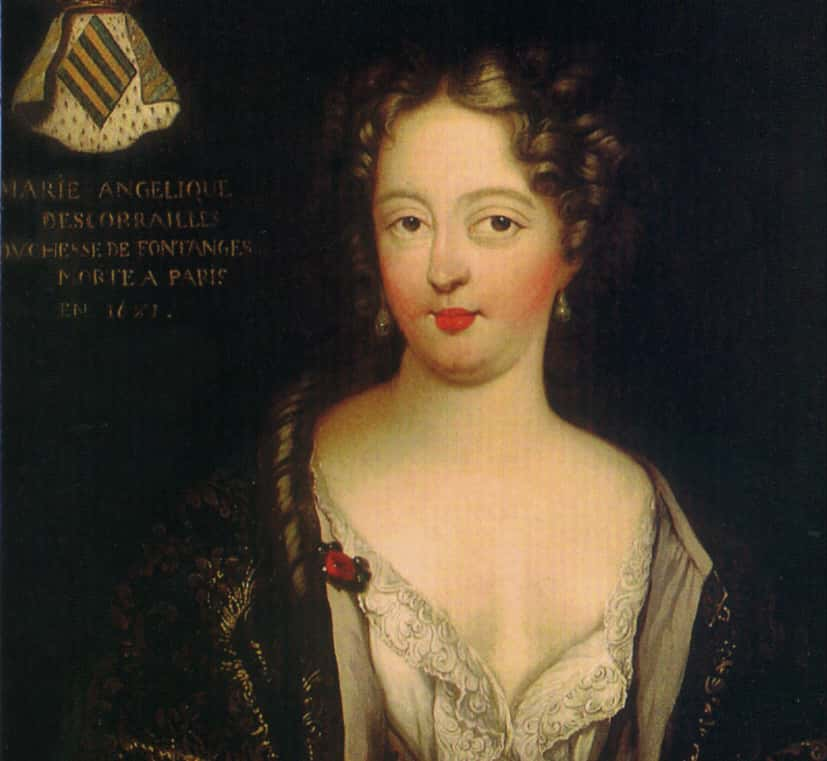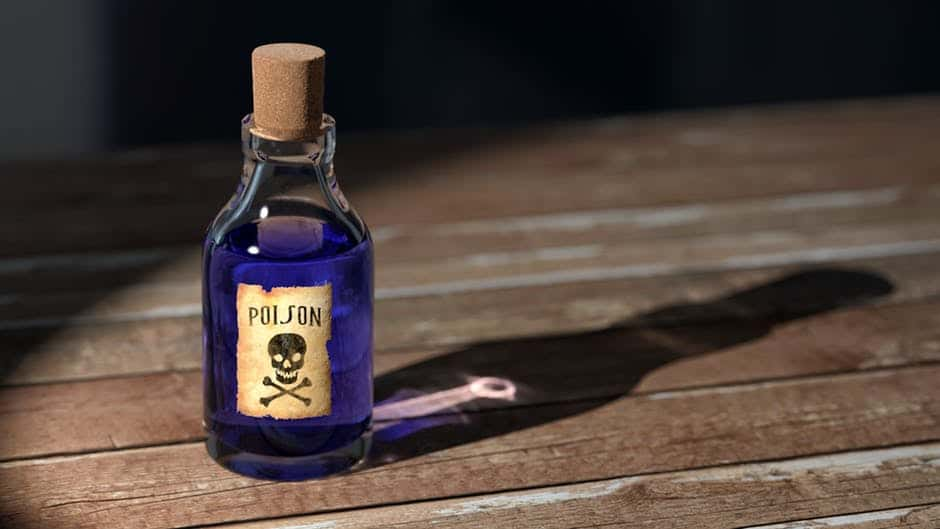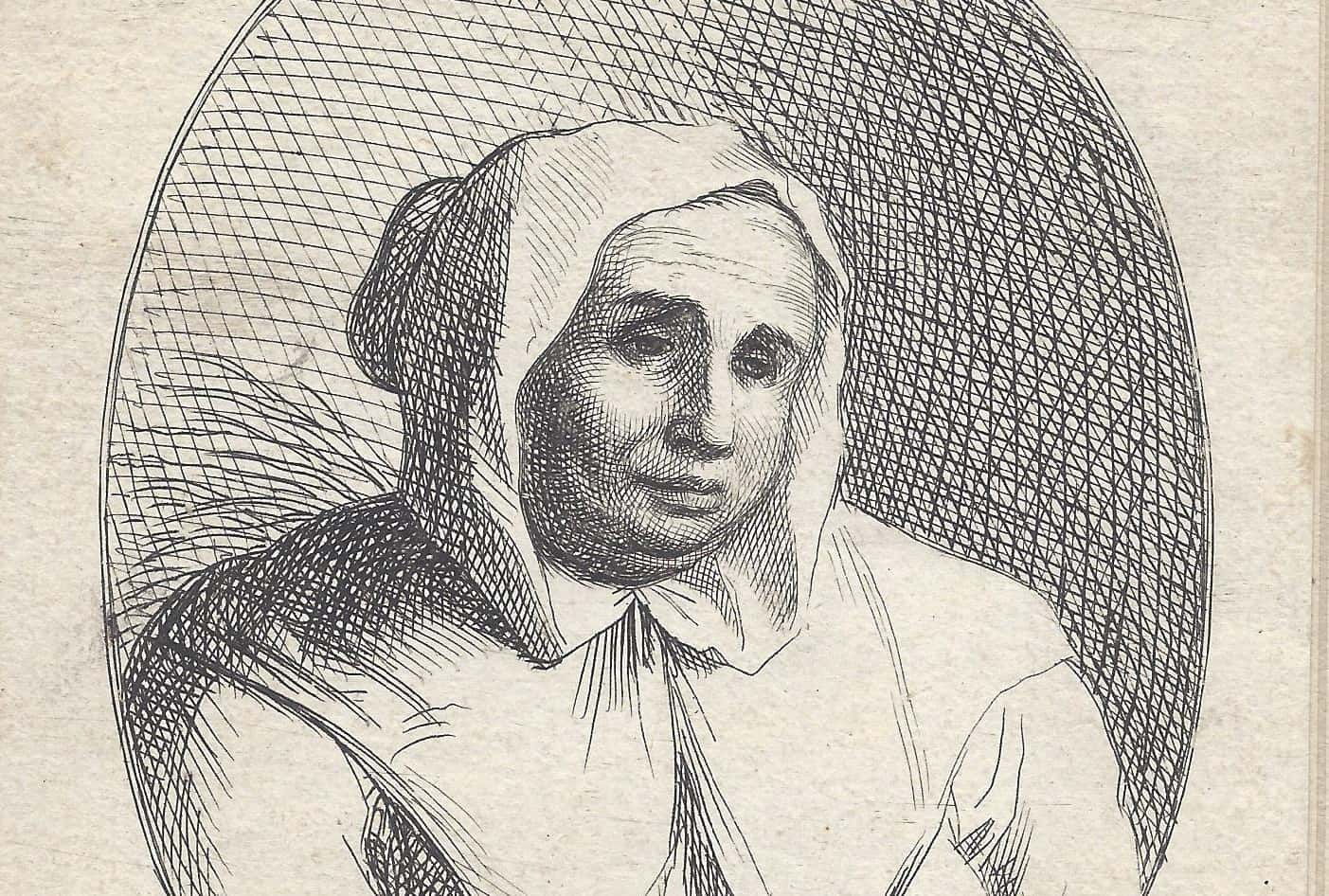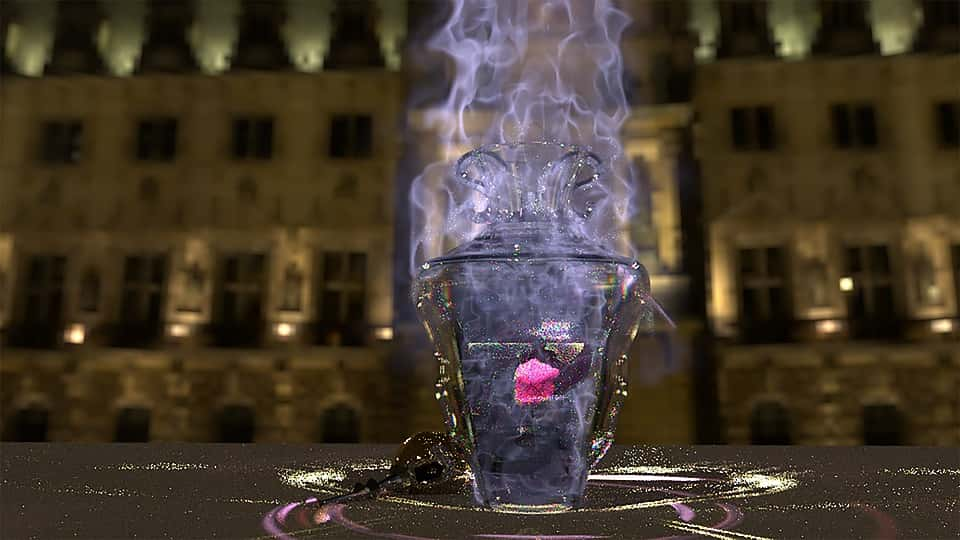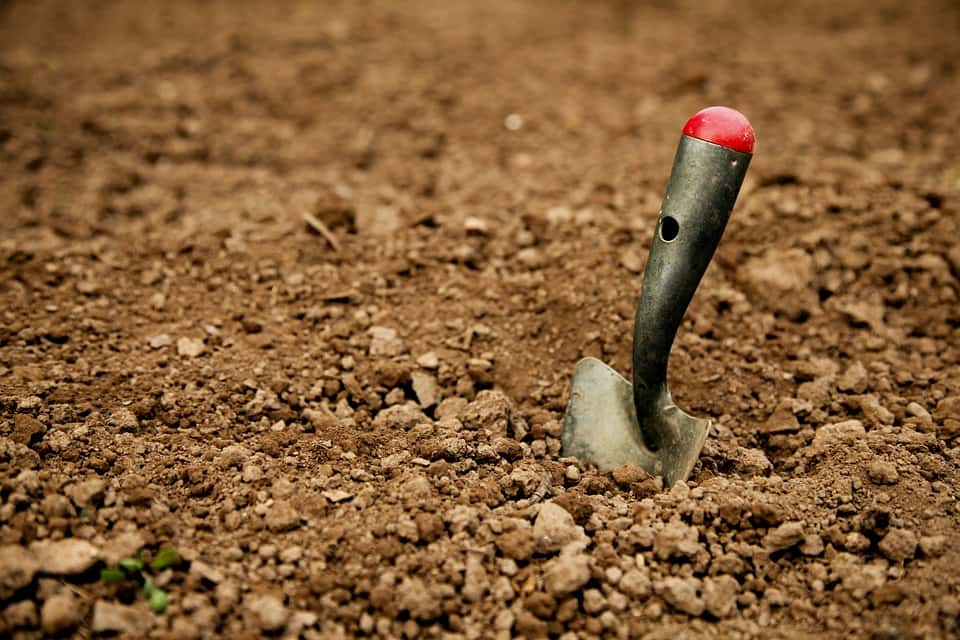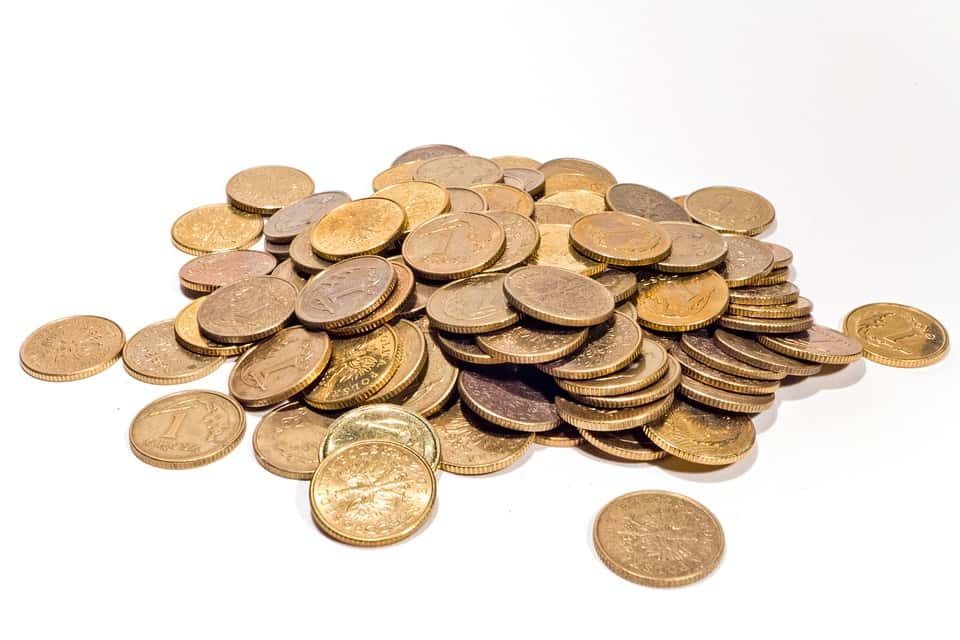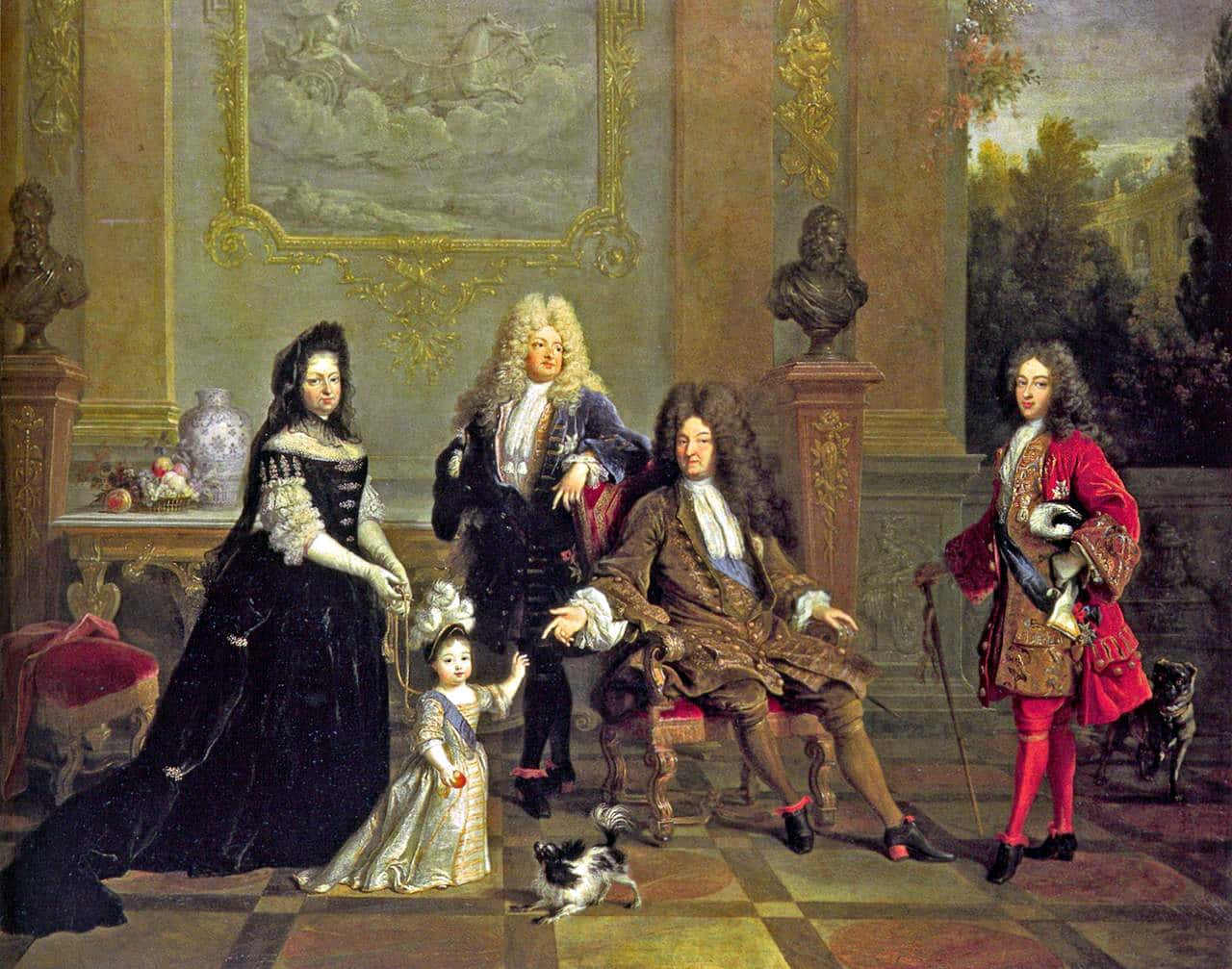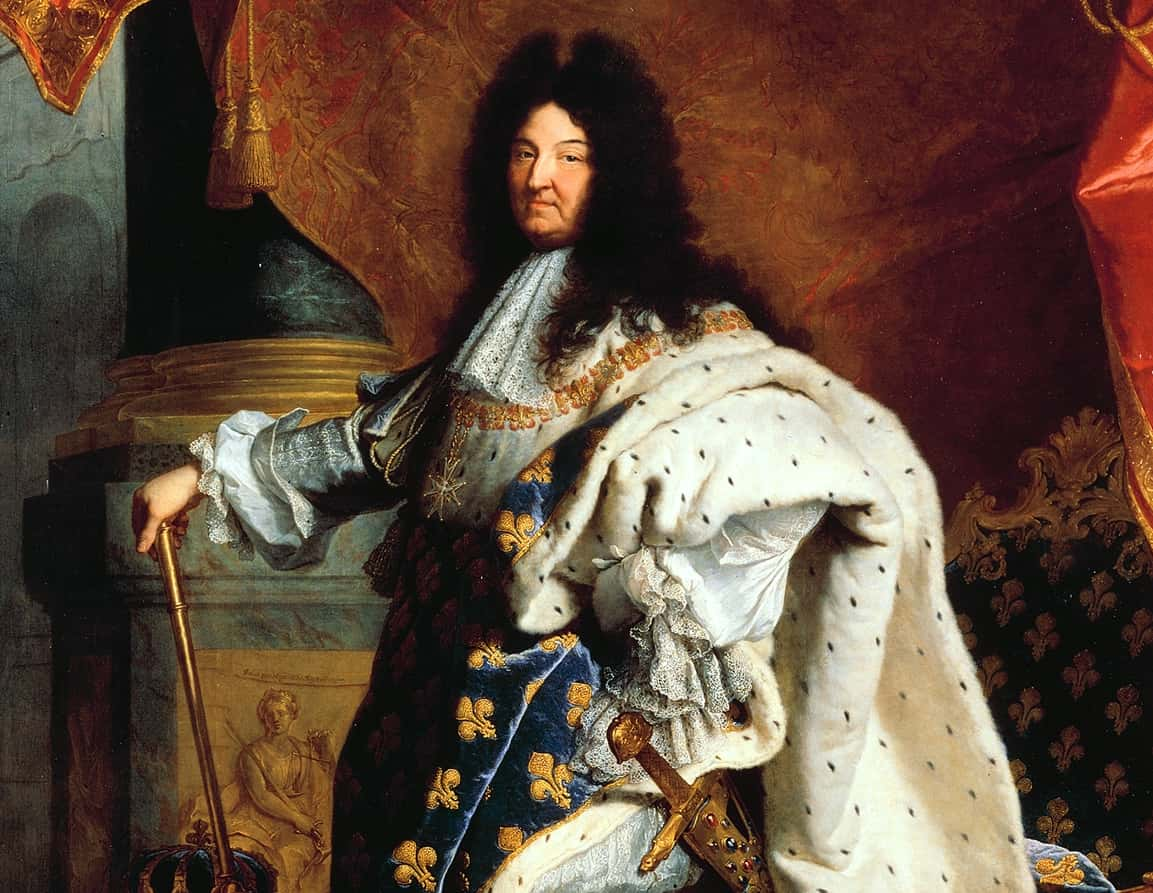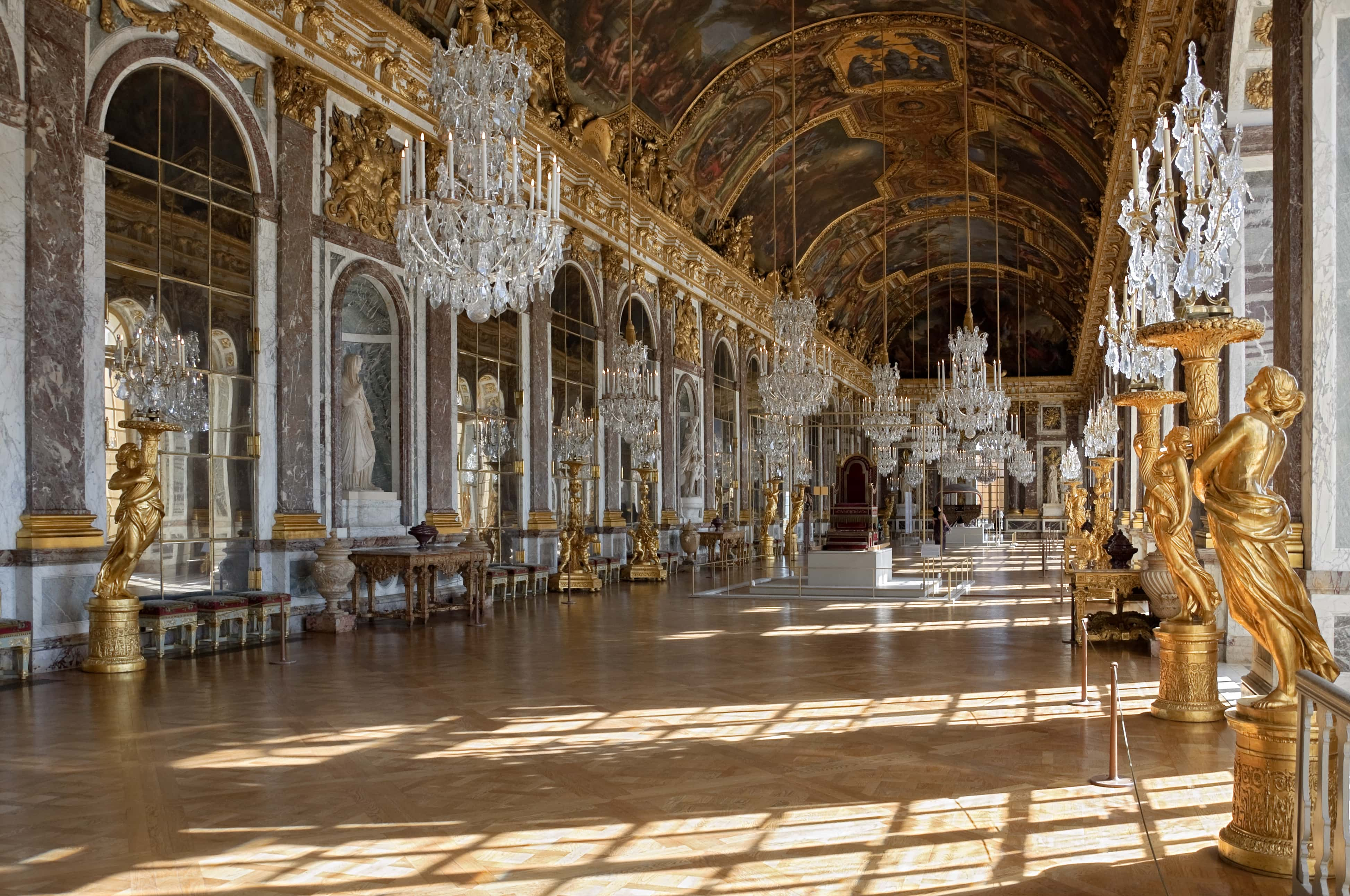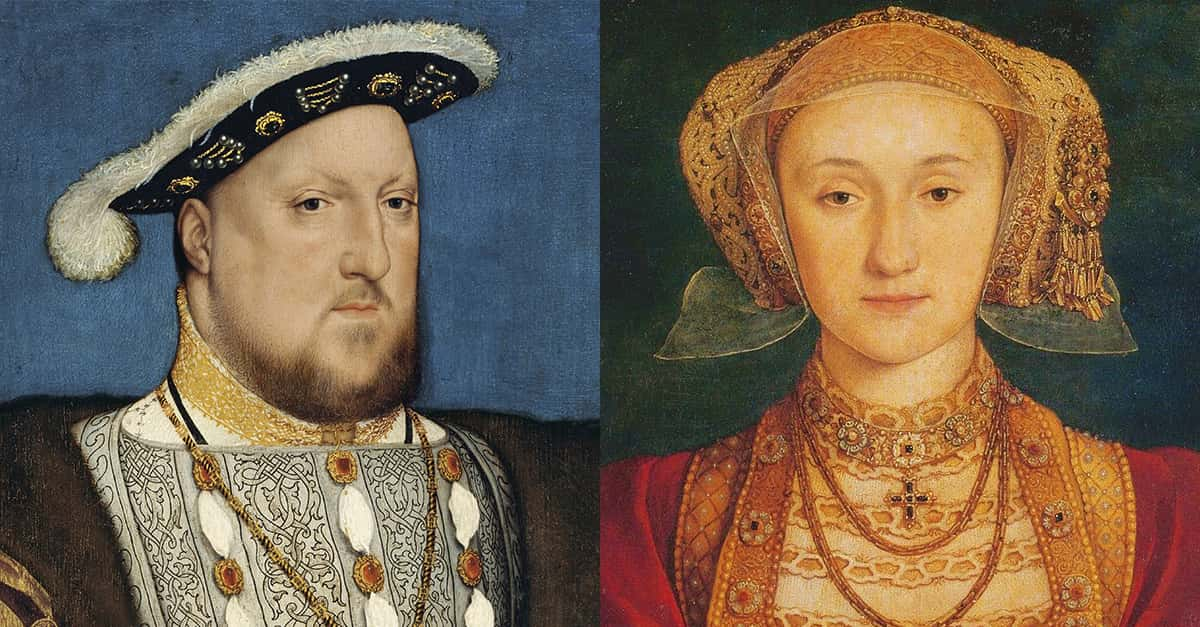When it comes to historic “Other Women,” few would beat the feats of Madame de Montespan, the most famous mistress of the “Sun King,” Louis XIV of France. To many of his subjects, she was considered “true Queen of France” for her terrifying power over the king’s heart and court. It was Montespan, not the king’s wife, who set the artistic and political tone for the historic Palace of Versailles.
Her tale has everything: love, fashion, art, money, poison, religion, and confusing name changes galore. But with so much scandal, can we ever know the truth about her involvement in poison plots? How exactly did she fall from such grace? How did her husband use fashion to react to her affair with the king? Rip a bodice to 42 scandalous facts about Madame de Montespan, the False Queen of France.
Madame de Montespan Facts
42. Every Tree Starts Somewhere
Montespan was no upstart. She was born on October 5, 1640 to one of the most ancient noble families in France, the House of Rochechouart. As the king’s mistress, her legitimized children with him would go on themselves to found royal houses in Spain, Italy, Bulgaria, and Portugal.
41. Call Me By My Adopted Name
The woman who would be “Madame de Montespan” was simply born “Françoise.” Later in life, she adopted “Athénaïs” as a second name. In doing so, she was paid homage the current literary fashion of “les style précieuses,” which celebrated witty women and novelistic flourish.
40. I Learned It From You!
Françoise-Athénaïs’s mother was a lady-in-waiting to Anne of Austria, who was then-Queen Regent and the mother of her future love, Louis XIV. The young Françoise-Athénaïs would often accompany her mother to court, so she literally grew up among the intrigues of royal politics.
39. Glad to Be of “Service”
When she was 20 years old, Françoise-Athénaïs made her royal court debut as a maid-of-honor to Princess Henrietta of England, the sister-in-law to Louis XIV. This was to be a mere stepping stone in her rise in service. Because her mother had served the Queen Mother, Françoise-Athénaïs made it to the service of Queen Maria Theresa—just close enough to get the king’s attention.
38. Starter Family
At the age of 23, Françoise-Athenais finally became “Montespan.” She married Louis Henri de Paradaillan de Gondrin, the Marquis of Montespan. Together they had just two children: Marie-Christine, who died at the age of 11 or 12, and Louis-Antoine, who lived and got along with his mother’s second family.
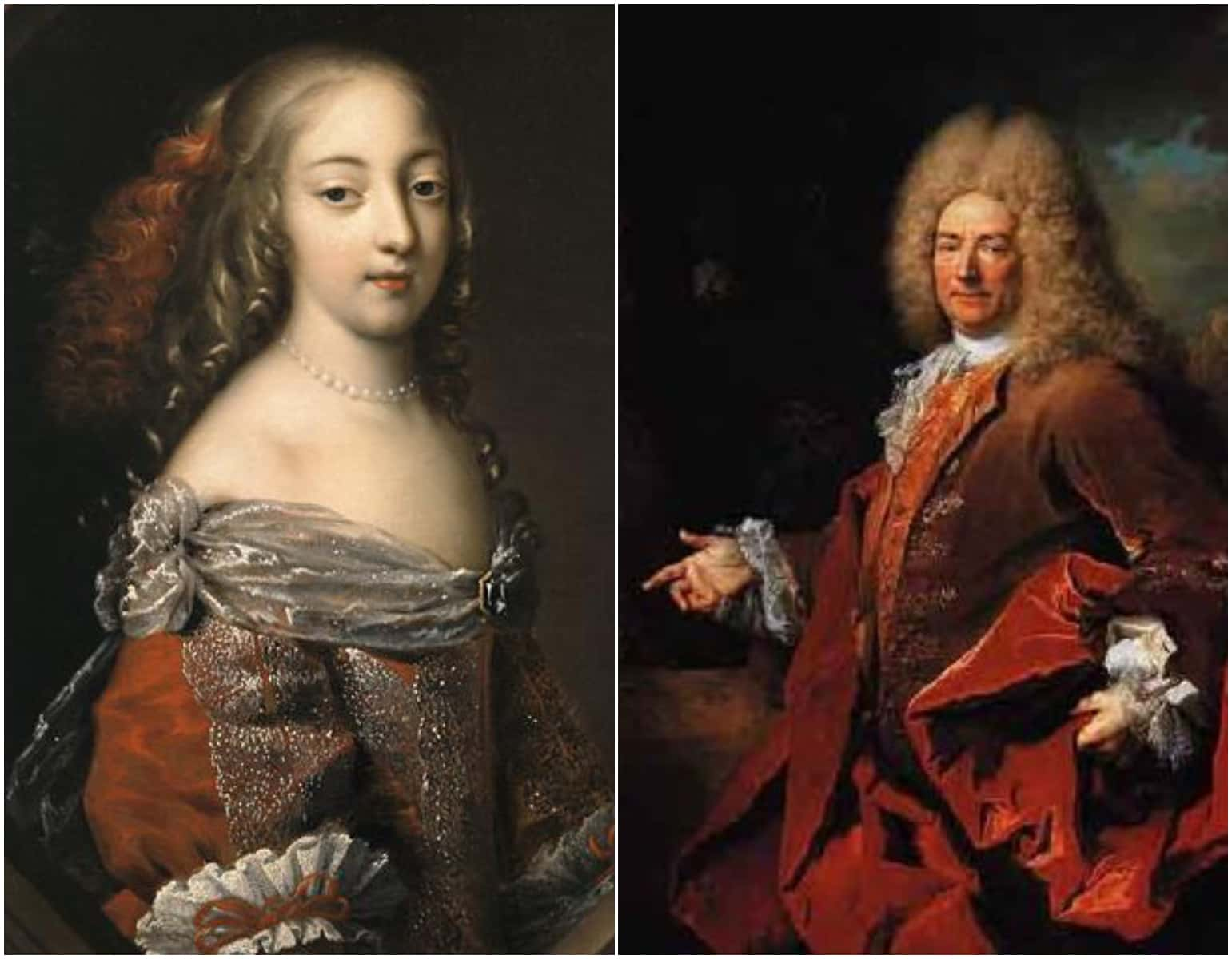
37. Sit, Speak, and Say “I Do”
Like many things in her love life, Montespan’s wedding was hardly fairytale perfect. For one, the couple had forgotten to bring the traditional kneeling cushions upon which they would bend down and take their vows. To improvise, the bride and groom knelt upon cushions reserved for dogs. Hey, if it’s good enough for Fido…
36. France’s Next Top Model
Montespan possessed a legendary beauty by the standards of her day. With her peculiar and large blue eyes, thick “corn-colored” blonde hair, and her fashionably voluptuous figure, she was held as “astonishingly beautiful,” even for a king’s mistress.
35. Hardly Ever Tongue-Tied
In addition to great beauty, It’s said Montespan inherited her father’s legendary wit—or as they called it back then, “esprit.”
34. Pretty Pious
Although the Church wouldn’t be “A-OK” with everything Montespan did, the royal mistress was devoutly religious, from her childhood to the rest of later life. From the age of 12, she was educated at a convent and learned to take Communion at least once a week—a practice she would keep up into her eventful young adulthood.
33. Credit Card Debt Transcends Language
Her decadent tastes in food, fashion, and flowers had earned her the ironic nickname of “Quanto,” which meant “How much?” in Italian. Good thing the King of France was her line of credit.
32. Who’s Your Mommy?
Madame de “Montespan” only acquired her most famous name via marriage. As a result, she’s not even mentioned in the legal documents which legitimized her three children by Louis XIV; she had still been married to her husband when she began having the king’s children. Thus, during her husband’s life, paternity woes hung over the couple in the form of a potential paternity lawsuit against the king. It would just raise too many awkward questions…
31. Best Friends for Now
By 1666, Françoise-Athenais de Montespan was a lady with a plan: become the king’s maitresse-en-titre—chief mistress—at any cost. It wasn’t Louis’s wife that was her main obstacle. Instead, it was his current mistress, Louise de La Vallière. However, the tenacious Montespan wouldn’t let a thing like that stop her rise. She reportedly became good friends with La Vallière just to get closer to the king’s inner circle. Talk about friends with benefits…
30. The Day the LOLs Stopped
The king’s current mistress, Louise de La Vallière, knew that her BFF Montespan was out to “steal” her man. At first, La Vallière laughed off her pal’s pathetic attempts to climb above her rank. Would-be competitors are just another part of the maitresse-en-titre job description, after all. Unfortunately, La Vallière’s laughter wouldn’t last long…
29. You’re Hired!
Montespan’s big break in the king’s bed came as both his queen and his main royal mistress became pregnant at the same time. Louise de La Vallière trusted Madame de Montespan to be a “temp” of sorts while she was closed away for childbirth. Madame lived the contract laborer’s dream by staying on the job long after La Vallière had given birth.
28. Bad Stuff Happens in the Bathroom
According to lore, Montespan dropped towel to get on top. It’s said she first seduced the king by letting her bath wrap fall down as he happened to be spying on her shower. I’m sure there is a prologue to this story that is romantic and not totally creepy.
27. Roommate Drama
King Louis’s transition period from de La Vallière to Montespan was awkward for all involved. At first, he made his discarded lover (La Vallière) and current lover (Montespan) share an apartment. Both Louis and Montespan were married (to other people), so they were committing double-adultery. This arrangement was so Louis could visit his new squeeze without arousing the suspicion of Montespan’s husband. We’re not sure how La Vallière reacted…
26. Can I Crash Here?
Louise de La Vallière just couldn’t handle the sight of her ex-lover with her ex-friend. Naturally, for the standards of the day, she sought refuge in a convent. It just happened that this convent was owned by the very woman who replaced her, Madame de Montespan.
25. Dad Says It’s My Turn to Be Valid
Altogether, Madame de Montespan had seven illegitimate children with Louis XIV. The first three children who survived were legitimized in 1673, after the lack of male heirs for Louis put the succession in crisis.
24. Betrayal from the Nursey
Montespan’s children by Louis XIV were raised by their governess and mother’s friend, Madame Scarron. After Montespan’s disgrace, Scarron would take her place as maitresse-en-titre and eventually become Louis’s wife herself as “Madame de Maintenon.”
23. Took You Long Enough
In 1674, Montespan and her husband were granted a legal separation. This was 11 or so years into her affair with the king.
22. Take Your Hate To Church
The Catholic Church made itself an enemy of Montespan. Her part in the king’s adultery was not viewed with a smile, obviously, but Louis—who, to be fair, was equally to blame as her—did try to smooth things over the bishops. Unfortunately, the Church refused to budge on their anti-Montespan stance, so Louis and his lover just sucked it up and carried on.
21. You Don’t Have to Rub It In
What’s less attractive than a sore winner? Montespan was known for openly disrespecting Queen Maria Theresa in public—an act for which even the lovestruck Louis himself had to reprimand his mistress.
20. Easy Come, Easy Go
In 1681, a romantic rival to Montespan suddenly dropped dead. The woman in question, Marie Angélique de Scorailles, had risen to become the king’s other mistress. Unfortunately (for some), Marie died under ambiguous circumstances before she could rise much further. A poisoner named Françoise Filastre was charged in her death—and she accused Madame de Montespan of hiring her to do the job.
19. What Is the Truth?
Although Françoise Filastre confessed to killing Montespan’s rival under the mistress’s orders, she eventually recanted her own accusations as completely false. It’s generally now accepted the other (other) woman died of long-term postnatal complications. However, toxic rumors—not unlike poison—are hard to re-swallow. Montespan had been officially implicated in the scandalous Affair of the Poisons, and the False Queen’s reputation would never recover.
18. Cheaters Never Prosper
From 1677 to 1682, a large ring of poisoners—and poison profiteers—was uncovered in France in what became known as the Affair of the Poisons. Most scandalously, many of the clients and collaborators implicated in the charges were members of the French aristocracy itself. One of the fingers pointed right next to the king: Madame de Montespan was accused of using these illegal wares to poison her romantic rivals, thus keeping the king’s eyes on her.
17. These Violent Dances Have Violent Ends
In 1679, Montespan was accused of using witchcraft and aphrodisiacs to stay ahead of King Louis’s other lovers. A midwife named Catherine Monvoisin, or La Voison, had been arrested as part of the Affair of the Poisons—and she had named the king’s chief mistress as one of her prolific clients. La Voison even alleged that Montespan performed black masses, a sacrilegious accusation that effectively destroyed Montespan’s reputation, regardless of the truth.
16. Love Juice
In the specifics of La Voisin’s accusations against Montespan, the midwife alleged Montespan and a witch would call on the Devil to ensure the king’s love in his mistress. To seal the deal, they also sacrificed a newborn baby and used the blood and bones in a love potion for the king. It’s said the king’s food was poisoned for 13 years to keep his heart—and other parts—in line for her. Bon appetit!
15. Not Your Mom’s Cabbage Patch Kids
It’s said that police up dug 2,500 baby corpses in La Voisin’s garden, all of whom were used in Montespan’s black mass love rituals. Of course, this is almost definitely a myth or exaggeration, as no contemporary evidence of such a mass grave exists.
14. A Helping Hand From an Unlikely Place
During the impending disgrace of Montespan, King Louis’s heart was already wandering to her children’s governess and her eventual replacement, Madame de Maintenon. Despite their rivalry, it was Maintenon who actually helped Montespan hush up the poisonous accusations against her. It’s probable she wanted to look out for Montespan’s legitimized children, whom she helped raise and of whom she was likely fond of.
13. Wipe Your Tears on This Dollar
By 1691, Montespan’s reputation was in shambles. Released from the king’s affections, she retired to a convent on the rue Saint-Dominique in Paris. It was hardly an ascetic retirement—she lived on a pension of 500,000 francs a year.
12. A Family on the Fast Track
Louis rewarded the scandalous Montespan for going away quietly. After her retirement, the king made his ex-mistress’s father the governor of Paris and her brother a marshal of France. He also granted her little sister, Gabrielle, a wealthy Abbey, even though she had just taken holy vows six years ago.
11. It Runs (Away) In the Family
Right after Montespan retired, it was rumored Louis took an “interest” in her little sister, Gabrielle, whose beauty was rumored to be even greater than that of the former chief mistress. For what it’s worth, Gabrielle, an abbess, was a frequent visitor at his court; Louis wanted her to stay longer but she made sure to keep her visits short for some reason…
10. This is the End
Montespan spent the last 16 years of her life in religious retirement doing charity work and penance. She died at the ripe age of 66 from an undisclosed illness on May 27, 1707.
9. Dressed to Oppress Code
King Louis forbid the surviving children of Montespan to wear mourning clothes in the wake of their mother’s death. What? Did she do something wrong?
8. The Gang’s All Here
At the height of her power, Montespan was a huge patroness of the arts. Like her king-lover, she protected controversial artists like Molière, La Fontaine and Philippe Quinault.
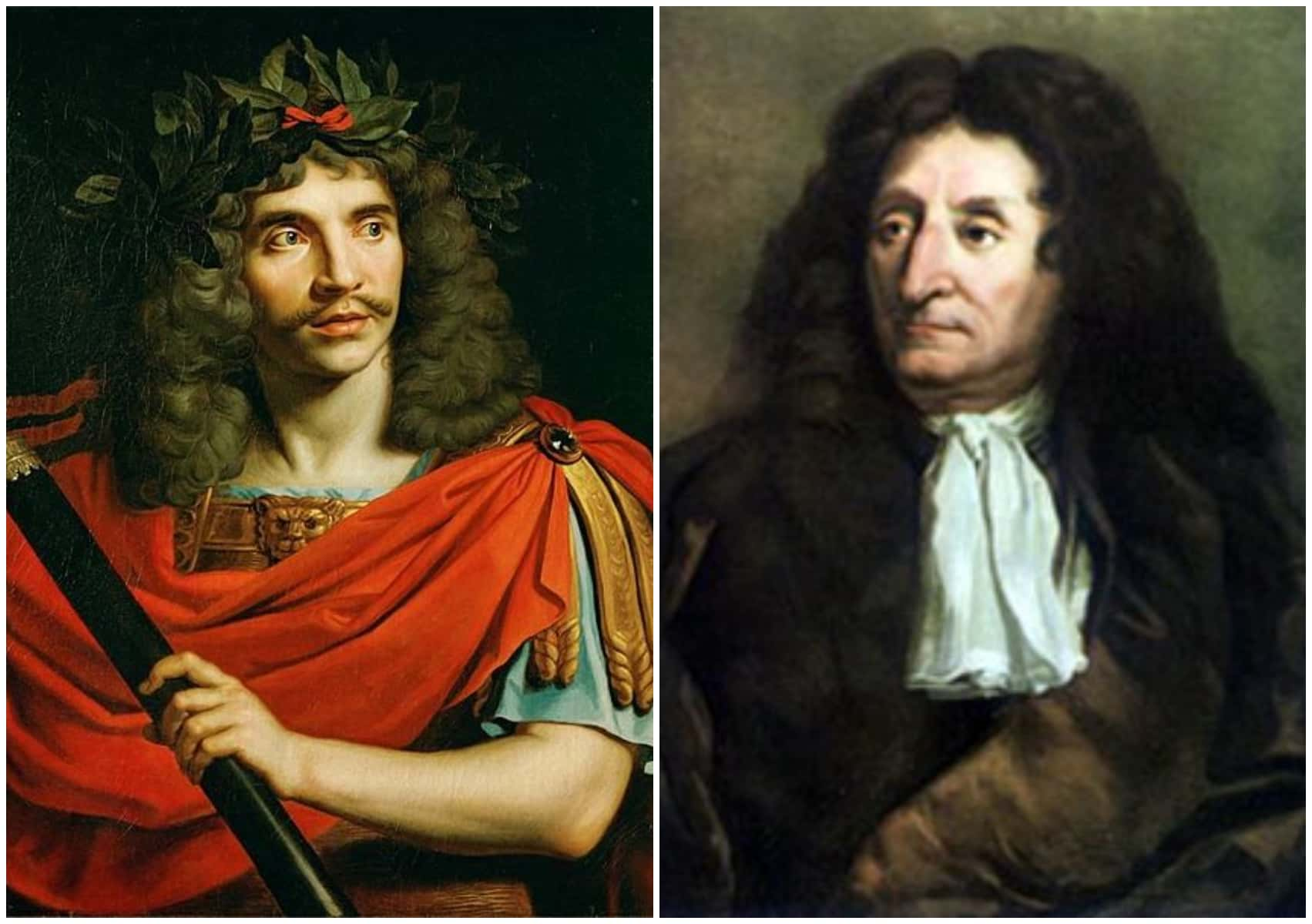
7. Love Can’t Fill a Bank Account (Until It Can)
Before she got in bed with Louis, Montespan’s financial future was bleak. Montespan’s husband, Louis Henri, had lost their money on expensive ventures to be a soldier of fortune. He had joined a disastrous campaign on Algeria in 1644, effectively bankrupting them.
It wasn’t all his fault—Françoise, “badly advised,” made some poor investments that resulted in lawsuits. When she became the king’s mistress just one year later, their fortunes obviously rose. But at what cost?
6. An Unwilling Ascension?
In some retellings of Montespan’s rise, she is a lot more reluctant about being unfaithful to her husband Louis Henri, whom she might have actually married for love. According to memoirs by contemporaries, the young Montespan actually wrote back to her husband to “warn” him that the king was falling in love with her. She even asked her husband if she could leave court and reunite with him in Gascony, where he was continuing to pursue his dream of warfare. Louis Henri mostly brushed off his wife’s anxieties, much to his later regret, and his wife’s fortune.
4. Montespan Couldn’t Keep His Mouth Shut
Louis Henri did not take well to his wife’s infidelity with the king. As an aside, it’s not like Louis Henri had that much room to be mad, seeing as he had just gotten involved in a legal scandal for an “escapade” with another woman in 1667.
He was largely ignorant of the royal affair’s beginnings, but it took one to know one: by June 1668, the male Montespan returned to Paris, got wind of his wife’s adultery—she was pregnant with a baby that couldn’t be his—and actually lashed out at his Majesty. Louis Henri dressed his carriage all in black and when the king asked him about the style update, Louis Henri dared to snap that he was mourning his wife, who “disappeared.” Not one to take bad news well either, King Louis promptly jailed Montespan’s husband for rudely exposing him.
4. The Black Parade
I guess Madame de Montespan liked dramatic guys. To “memorialize” the death of their marriage, Louis Henri allegedly held a mock-funeral for Montespan on their family lands. His mourning carriage was adorned with huge horns to symbolize his cuckoldry by the king.
3. Handle With Care
The “Trianon de Porcelaine” was a pleasure palace built by Louis XIV for Montespan. Surrounded by gardens, it was their “hideaway” from the stresses of court life. It was also built with remarkably fragile material—that would be porcelain—so it was demolished in 1687, where it would one day be replaced by the love nest for another King Louis and his lover: we’re talking, of course, about Louis XV and Madame de Pompadour’s Grand Trianon.
2. Too Hot to be Hired
It’s said Montespan deliberately filled her staff with “virtuous” and/or “homely” ladies to keep the king’s eyes on herself. This hiring strategy might have backfired: her successor in the king’s heart, Madame de Maintenon, was said to have attracted Louis’s attention with her otherworldly piety and modesty.
1. (Lack of) Love by the Numbers
It goes without saying that Madame de Montespan eclipsed her lover’s queen at the court. But thanks to historical record, we can quantify by how much: while Queen Maria Theresa held only 11 rooms on the second floor of Versailles, the maitresse-en-titre had a whopping 20 rooms on the first floor. The mistress also had an entourage that held up to 50 people at a given time.
It’s also said King Louis only did his marital “duties” with poor Maria Theresa twice a month. In a lackluster attempt to compete with Montespan, the Queen reportedly adopted the royal mistress’s preference for billowy gowns—which Montespan wore to accommodate her many, many pregnancies by the king. It doesn’t hurt to try?


